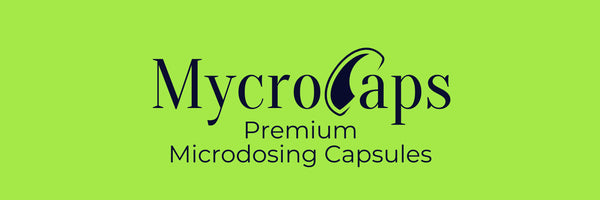In recent years, microdosing has gained significant traction as a method for enhancing cognitive function and even potentially combatting aging. This practice involves consuming small, sub-perceptual doses of various substances, such as psychedelics or nootropics, with the aim of reaping their benefits without experiencing hallucinogenic effects. While the concept may seem novel, its roots trace back centuries, with traditional cultures incorporating similar practices into their rituals and medicine.
At the forefront of microdosing's appeal is its purported ability to sharpen cognitive functions. Advocates suggest that microdosing can enhance creativity, focus, and overall mental clarity. By stimulating neurotransmitter activity and promoting neural plasticity, microdosing may facilitate new connections in the brain, leading to improved cognitive performance. Moreover, anecdotal reports from microdosers around the world tout its efficacy in alleviating symptoms of anxiety and depression, further supporting its potential as a cognitive enhancer.
One of the most intriguing aspects of microdosing is its proposed anti-aging properties. As we age, cognitive decline becomes increasingly prevalent, impacting memory, attention, and overall cognitive function. However, emerging research suggests that microdosing may offer a promising solution to combat these effects. Substances like psilocybin, found in certain mushrooms, have demonstrated neuroprotective and neurogenic properties, promoting the growth of new brain cells and fostering brain health.
Furthermore, microdosing may combat aging at a cellular level. Oxidative stress and inflammation are key drivers of aging, leading to cellular damage and dysfunction over time. Studies have shown that certain compounds used in microdosing, such as antioxidants and anti-inflammatory agents, possess the ability to mitigate these processes, thereby slowing down the aging process and promoting longevity.
Moreover, microdosing may offer benefits beyond cognitive enhancement and anti-aging. Research suggests that it could aid in the management of various neurological conditions, including Alzheimer's disease, Parkinson's disease, and age-related cognitive decline. By modulating neurotransmitter levels and promoting neuroplasticity, microdosing holds promise as a potential adjunct therapy for these conditions, offering hope to millions of individuals worldwide.
However, it's essential to approach microdosing with caution and responsibility. While anecdotal evidence and preliminary research are promising, much remains unknown about its long-term effects and safety profile. Additionally, individual responses to microdosing can vary widely, and what works for one person may not yield the same results for another. Therefore, it's crucial to consult with a healthcare professional before embarking on a microdosing regimen and to proceed with mindfulness and moderation.
In conclusion, microdosing represents a fascinating frontier in the realm of cognitive enhancement and anti-aging. By harnessing the potential of small, sub-perceptual doses of various substances, individuals may unlock newfound mental clarity, creativity, and resilience against age-related cognitive decline. While further research is needed to fully understand its mechanisms and implications, microdosing offers a tantalizing glimpse into the future of brain health and longevity. As we continue to explore its possibilities, microdosing may emerge as a transformative tool for optimizing cognition and defying the effects of time.

